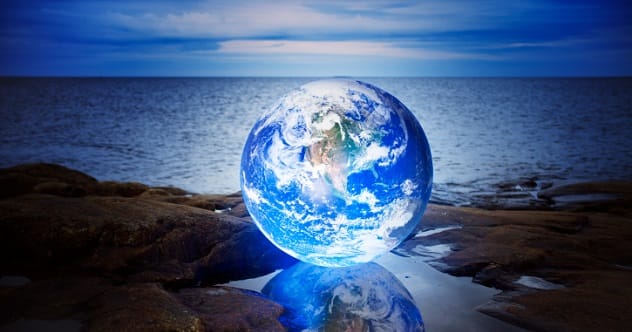The world is full of different countries, each with its own ways of life. While many nations work hard to protect people’s rights, some face special challenges. These aren’t always the big problems we hear about on the news, like wars or extreme hunger. Sometimes, countries have unique issues with basic human rights that are surprising. Let’s look at 10 countries and the distinct human rights problems they are dealing with right now.
10 Ireland: No Official Recognition for Transgender People
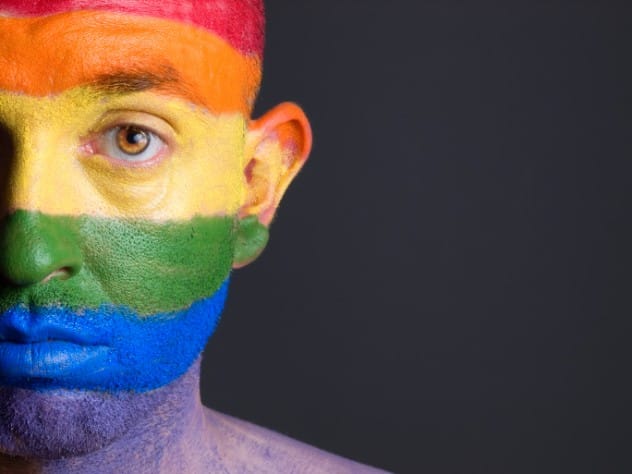
The Republic of Ireland stands out in the European Union for a concerning reason. It’s the only EU nation lacking laws to officially recognize transgender individuals. While steps have been taken to draft new legislation, these efforts have been criticized for not being ideal. Alarmingly, no transgender organizations were consulted or even informed before the draft was put together.
The proposed law would only allow gender registration changes for those over 18. It would also require a person to divorce their spouse before their true gender could be legally acknowledged. This issue is critical, as a survey revealed that a staggering 80 percent of Irish transgender people have considered or attempted suicide.
9 The Philippines: Divorce Is Not Allowed
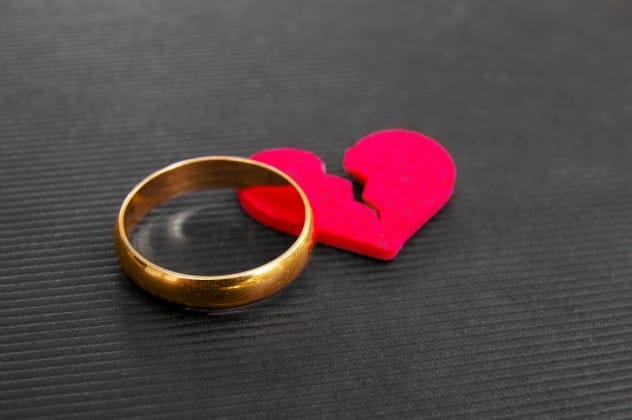
After Malta legalized divorce in May 2011, the Philippines became the sole country worldwide where divorce is still not permitted. The powerful influence of the Catholic Church is seen as the primary obstacle to changing this law. Many politicians, however, support what is widely considered a basic right: the ability to end a marriage officially.
This ban has led Filipinos to find creative, though often difficult, ways to separate. For instance, a marriage can be annulled if a psychiatrist declares one partner “psychologically incapacitated” to fulfill marital duties. The definition of these duties isn’t clear, leading to situations where some individuals have had multiple marriages annulled through this loophole.
8 Belarus: Europe’s Last Country with the Death Penalty

Belarus holds a grim distinction in Europe and among former Soviet Union countries: it’s the only one that still carries out executions. Prisoners are executed by a gunshot to the back of the head. Their bodies are then buried in secret locations, which are not disclosed even to their families. This secrecy has led to tragic situations, such as prisoners taking their own lives to ensure their families could retrieve their bodies.
Many European nations have repeatedly urged Belarus to stop using capital punishment, but these calls have had little effect. As long as the death penalty remains legal, Belarus cannot become a member of the European Union.
7 Israel: Rejected a Key Human Rights Review
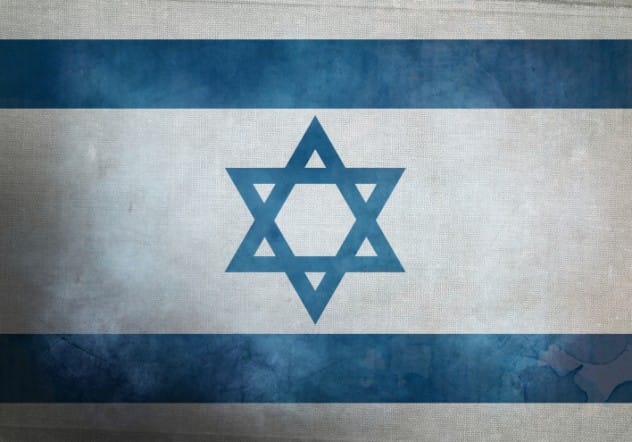
The Universal Periodic Review (UPR) is a United Nations initiative launched in 2011. It aims to help countries report on their human rights records, thereby increasing accountability and improving human rights globally. During a recent review cycle, Israel was unique among the 193 UN member states: it chose to withdraw.
The International Service for Human Rights expressed concern that this decision “risks undermining international accountability and the rule of law.” While the Human Rights Council, which oversees the UPR, continues to engage with Israel, some nations, particularly several Islamic states like Egypt, Tunisia, and Pakistan, have strongly criticized Israel’s withdrawal.
6 The USA: No Mandated Paid Maternity Leave

The United States is the only developed nation that does not mandate paid maternity leave for mothers. The only other countries sharing this status are Papua New Guinea, Swaziland, Liberia, and Lesotho—none of which are major global economies, unlike the USA, which ranks number one in GDP. The right to assistance for motherhood is recognized in Article 25 of the Universal Declaration of Human Rights.
The last significant US government action on this issue was two decades ago, under President Bill Clinton. Current federal law allows for 12 weeks of unpaid leave under specific conditions for some workers. Only about 11 percent of private-sector employees receive paid maternity leave. In contrast, most wealthy nations offer six months or more, recognizing benefits like lower infant mortality and better long-term income for women.
5 Iran: A Legal Trade in Human Organs

Iran has a controversial distinction in the realm of healthcare ethics. It’s the only country in the world where it is legal to buy and sell human organs for transplant. This has led to unusual sights, such as individuals advertising their kidneys for sale by spray-painting their blood type and phone number on public walls.
While most countries ban organ sales to prevent the exploitation of vulnerable people, some experts argue that Iran’s system might be preferable to certain alternatives. Globally, thousands die waiting for transplants, and “transplant tourism” for black market organs is a significant issue elsewhere. The World Health Organization has noted Iran’s policies for potentially limiting this specific problem.
4 The USA: No Universal Healthcare for All Citizens

Until recently, the United States and South Africa were the only industrialized nations not providing universal healthcare coverage to their residents. Now, the US stands alone in this regard. The right to medical care for everyone is outlined in the UN’s Universal Declaration of Human Rights, a document the US signed in 1948. Critics point out that the level of healthcare accessible to some in the US is comparable to that in developing countries.
Furthermore, differing healthcare standards for various racial groups have been cited as a failure to meet obligations under the Race Convention. This agreement, to which the US is a party, requires the government to work actively to eliminate health disparities between different groups. The fact that these international obligations often don’t feature in US health reform debates highlights another systemic issue.
3 The USA: A Hesitant Approach to International Treaties
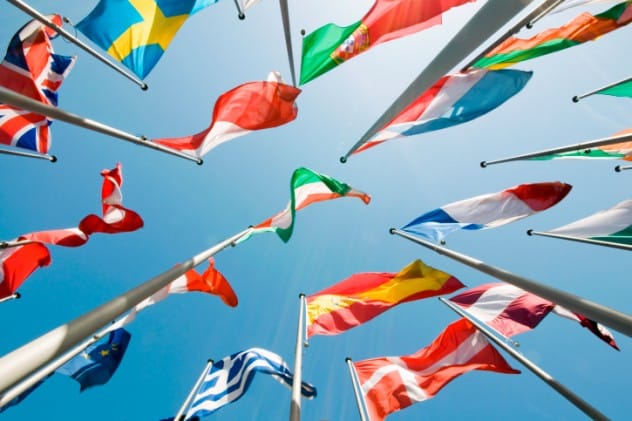
The United States is well-known for being the only UN member state not to have ratified the Kyoto Protocol on climate change, which aimed to reduce carbon emissions. Although the US initially signed it, President George W. Bush later decided against joining, citing concerns about its economic impact.
Less widely known is that the US has one of the poorest records among wealthy nations for ratifying human rights treaties. For example, the Convention on the Rights of the Child has been ratified by every UN country except the US and Somalia (which lacked a stable government when the treaty was created). The US is also one of only seven countries not to have signed the Convention on the Elimination of All Forms of Discrimination against Women. Another nation with a top-70 GDP that hasn’t signed is Iran.
2 Mauritania: The Lingering Shadow of Slavery

Mauritania was the last country in the world to make slavery a crime, doing so only in 2007. Despite this, it’s estimated that between 10 to 20 percent of its population—potentially up to 680,000 people—still live in conditions of slavery. Mauritania is an extremely poor country, and ironically, many slave owners are themselves living in poverty. Slavery in the nation often has a racial component, with darker-skinned individuals typically owned by those with lighter skin.
In the years since slavery was officially outlawed, there has been very little enforcement. Only one slave owner has reportedly been convicted under the new laws. Foreign journalists attempting to cover the issue often face expulsion or are closely monitored by government minders.
1 China: Holding a Nobel Peace Laureate as a Prisoner

When the Burmese government released opposition leader Aung San Suu Kyi, China found itself in a unique and unfortunate position. It became the only country in the world holding a Nobel Peace Prize Laureate in prison. Liu Xiaobo was sentenced to 11 years for his criticism of the Chinese government. This imprisonment meant he could not attend the Nobel awards ceremony in 2010.
His wife accepted the prize on his behalf, but Liu Xiaobo remained incarcerated. The Chinese government condemned his Nobel recognition, calling it “contrary to the purpose of the award and a blasphemy of the Peace Prize.”
These ten examples show that the fight for human rights is ongoing and multifaceted. From personal freedoms like marriage and gender identity to broader societal issues like healthcare and international commitments, each country faces unique hurdles. Understanding these specific challenges helps us see the bigger picture and appreciate the complexities involved in ensuring basic rights for everyone, everywhere.
What are your thoughts on these unique human rights situations? Are there other specific challenges you think the world should know more about? Leave your comment below and join the conversation!


